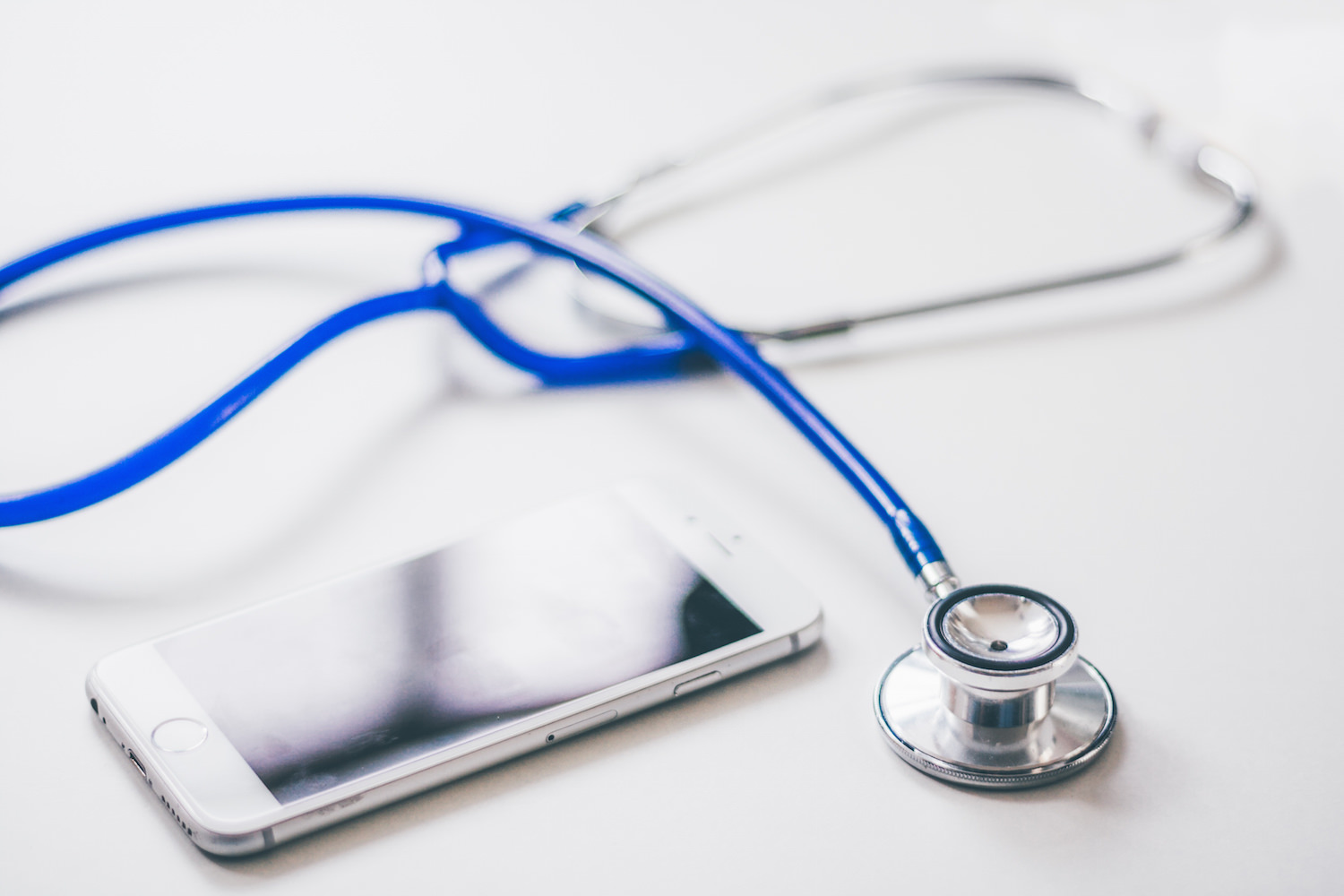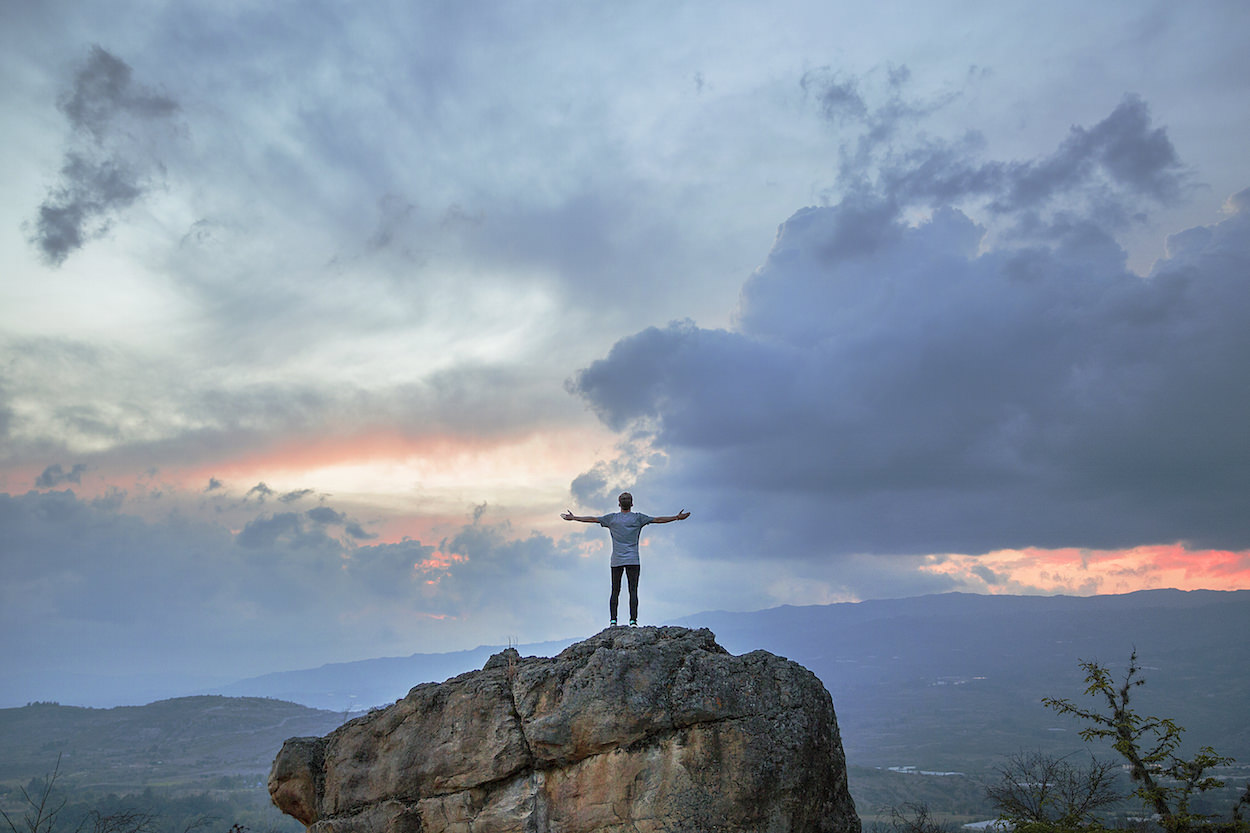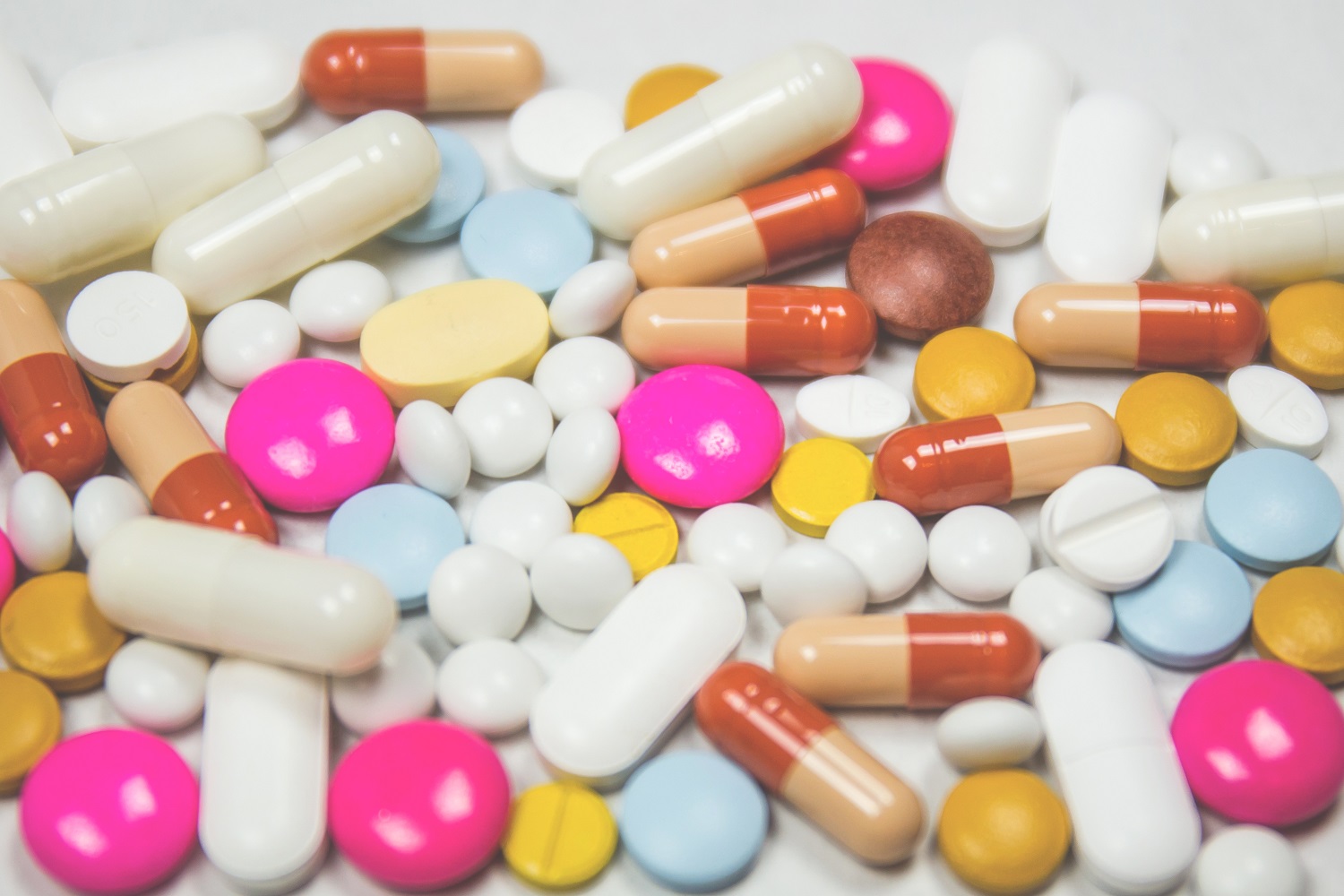Sleep, or the lack thereof, and Autoimmune Diseases

You may be laughing at the title of this article, but if you have an autoimmune disease, I doubt you are. Sleep can be a very elusive and unreliable friend. Did I say friend? Maybe enemy is more like it. Depending on your autoimmune disease, sleeplessness can be caused by many things. Pain seems to be number one. Cognitive dysfunction, restless leg syndrome, nausea, medication side effects, hormonal dysfunction, and night sweats, just to name a few others. Honestly, the list could go on and on. The point is, insomnia is likely at some point or another. So what do you do?
Number one would likely be, talk to your doctor. If your doctors are anything like mine though, they’re probably going to try and give you a pill. Another pill. Ugh! Don’t get me wrong, sometimes medication really can’t be avoided, but sometimes adding one more pill can not only be expensive, it can be dangerous. Just read the side effects of most sleep medications! Scary! So what would be next on the list? Rather than saying yes to the pill, ask your doctor about a sleep study. It’s truly amazing how many people with autoimmune diseases have sleep apnea. Just taking care of that might not cure your sleep problems, but you’ll feel more rested with what sleep you do get.
Still having trouble sleeping? Have you tried some natural methods? There is one natural method that I’m sure you’ve heard of: Melatonin. What is melatonin? Melatonin is a hormone made in the pineal gland. That’s a small gland in your brain that helps control sleep and wake cycles (among other things). Trace amounts can be found in foods, but if your pineal gland isn’t working at optimum levels, you may need to try a supplement. Like me, you may have tried it and it didn’t do much. Unfortunately, I didn’t realize that the 2 or 3 milligram pills they sell at the drugstore isn’t enough to affect most people. You’ll need to try the 10 to 15 milligram dose (available on Amazon or in health food stores) before you write melatonin off. To try this experiment; for at least a week, schedule yourself to take the melatonin and go to bed at the same time each night. For best results, turn off the TV or any unnecessary source of light. Your circadian rhythm is supposed to be set with you getting sleepy at dark and wake up with light. The pineal gland makes melatonin and regulates your circadian rhythm, hence the need for dark. Set your alarm to get up at the same time each day (whether you’ve slept or not) and try to leave the snooze button alone! If you wake up in the middle of the night and don’t go back to sleep within 10 minutes, get up. You may find you’re ready to go back to bed and sleep until the alarm, but if not, try not to sweat it. Strangely enough, one of the things that makes us feel most fatigued after a sleepless night is worrying about having a sleepless night. Does that make sense? Not really, but somebody actually paid to have a study done on that. Once again, try it for at least a week before giving up on it. You may be like me and feel a little zombie-ish for a couple of days, but it gets better as your body adjusts.
Other natural methods to try are: Valerian, hop extract, chamomile, lemon balm, lavender, passion flower, to name a few. Luna or Drift Off (available on Amazon) have a mix of many of those in pill form you can try. You can Google ‘natural sleep aids’ and see a long list of different types to try……my caution to you is that you may be allergic to any one of those items. Just like you can have reactions to medications, you can have reactions to natural plant extracts, oils, and teas. My suggestion is that you try each of them separately before trying a mixture. Personally, I have a mild allergy to valerian, and hop extract gives me terrible acid reflux. I wouldn’t know which ingredients were causing me the problem(s) if I hadn’t tried them separately first. Also, you might want to try a white noise machine. I was talked into trying one about ten years ago and now I can’t live without it! Mine plays waves. I’ve also downloaded sleeping waves onto my phone so I can travel with it. You can download that on Amazon or iTunes. They have many choices so you can find one to suit yourself. Your bed may also be a problem. Is it too soft or too hard? Are your pillows worn out? Are you too hot? You might want to try something as simple as a couple of new pillows and a memory foam mattress topper. You can get both for around $100 on Amazon. I looked for the “temperature sensitive” kind since I get night sweats. There’s nothing I hate more than being too hot when trying to sleep!
A lot of people don’t realize how much diet can affect sleep. Most of us know not to drink caffeinated items late in the day, but did you know that drinking alcohol too close to bedtime can ruin a good nights sleep? Sure, it might make you go to sleep faster, but many, many studies have shown that it’s not restful sleep and it doesn’t last long. Eating too close to bedtime can also keep you awake, as well as taking your vitamins too late at night. Any foods that cause you acid reflux or gas can keep you awake. Drinking too much liquid before bed can have you up and down all night. A magnesium deficiency can keep you sleepless. And the list goes on…………
As I’ve mentioned in other articles, each of us are as unique as snowflakes. No doctor can learn what makes you tick as well as you can. Taking the time to figure out how your own body works, and doing your own one of one experiments, can be the key difference to feeling well or just surviving.




